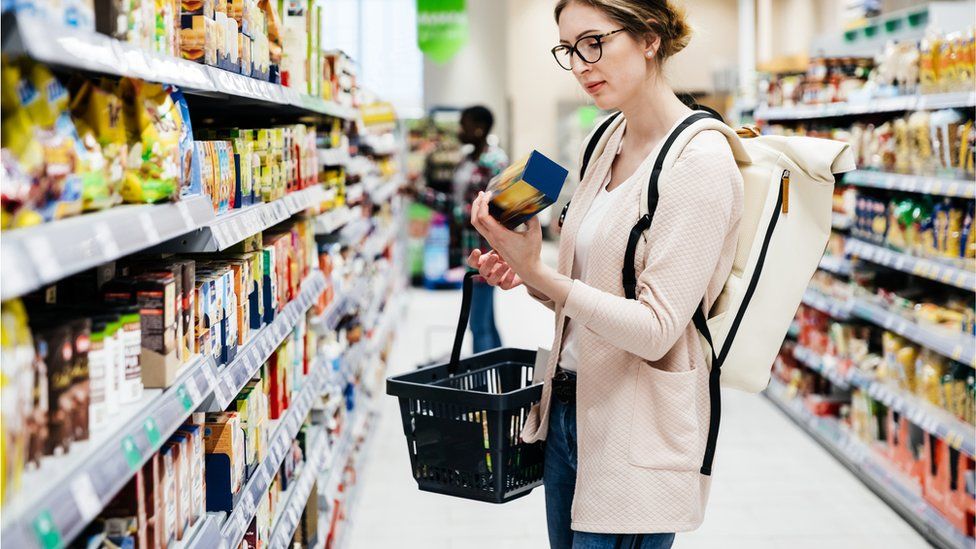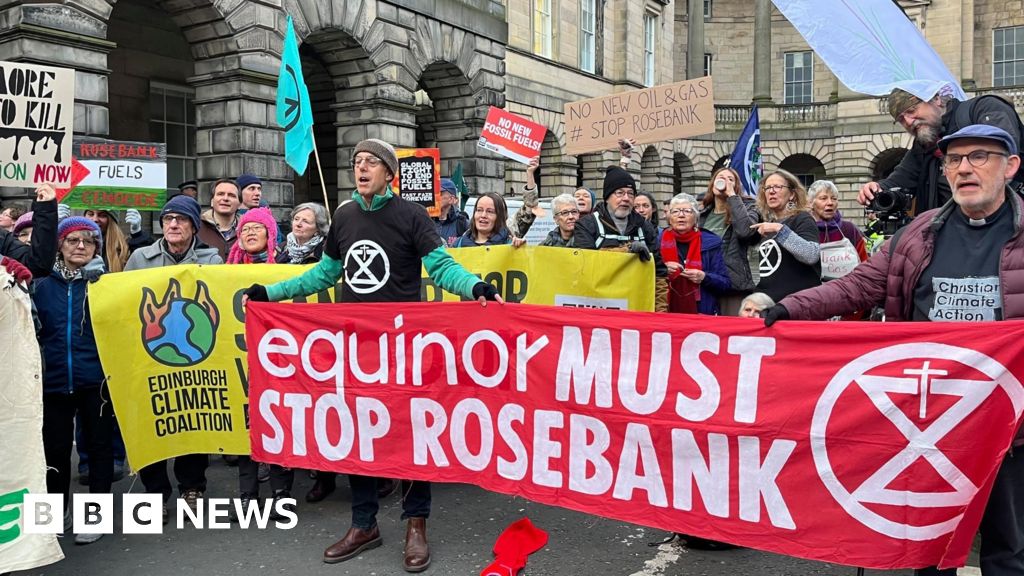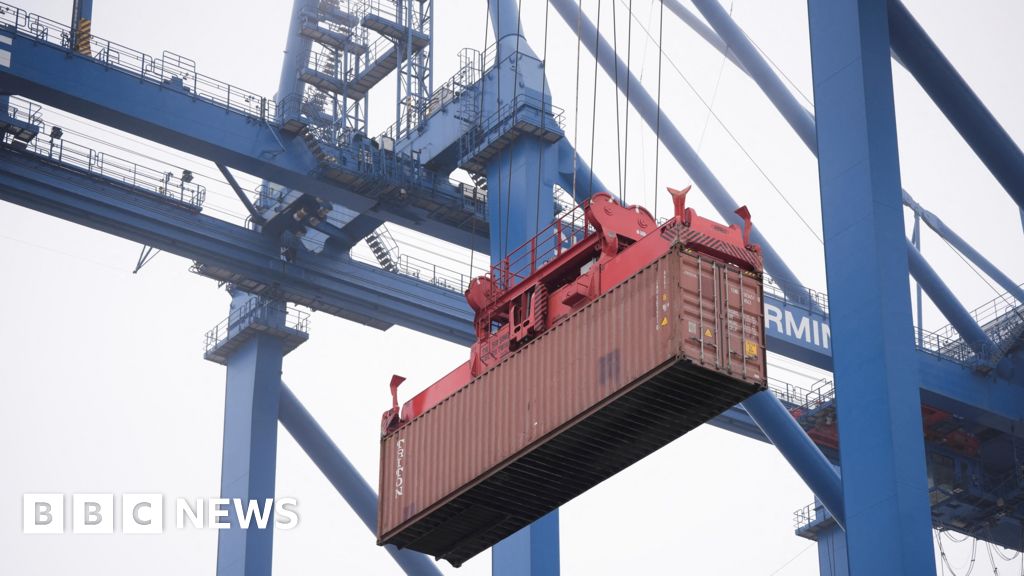ARTICLE AD BOX
 Image source, Getty Images
Image source, Getty Images
By Daniel Thomas
Business reporter, BBC News
Morrisons and M&S have become the latest supermarkets to cut the price of basics as retailers face pressure to do more to tackle soaring living costs.
The chains will cut the price of many goods including minced beef, tomatoes and Greek yoghurt.
It follows similar cuts by Tesco, Sainsbury's and Aldi and comes as food price inflation is stubbornly high.
Retailers have been accused of not passing on falling wholesale costs to consumers, but they deny profiteering.
Morrisons, the UK's fifth largest supermarket chain, said the latest round of price cuts was its sixth this year and the reductions would remain in place for eight weeks.
It says more than 47 popular products including squash, cereal and pitta bread will be cut by on average 25%, to help with the cost of living
M&S said it was cutting the price of more than 70 family staples, including beef mince and chickpeas, and locking in previously made reductions on other goods.
Sainsbury's, Tesco, Aldi and Lidl have all reduced bread, milk and butter prices in the past few months.
Meanwhile last week, Asda froze the prices of more than 500 products until the end of August.
It comes as food prices in the UK rose by 19.1% in the year to April - nearly the fastest rate in 45 years- with staples such as sugar and pasta up sharply.
The Competition and Markets Authority has launched an investigation into high food and fuel prices, saying it will look at whether a "failure in competition" meant customers are overpaying.
The regulator has already found some supermarkets have increased margins on petrol and diesel.
But grocers have denied profiteering, with the British Retail Consortium saying stores are working to keep prices "as low as possible".
Retailers say they have faced higher wholesale food prices and energy bills due to the conflict in Ukraine, as well as demands from workers for higher wages, all of which has driven up their costs.
Grocers also say there is usually a lag before falling wholesale prices are reflected in the shops due to the long-term contracts retailers sign with food producers.
Last week, the boss of Tesco said there were "encouraging early signs" that price rises are easing as the retail giant reported higher sales.
He told shareholders at the company's annual general meeting that the "headline" food inflation figure was "dramatically lower" at Tesco in terms of the "true" prices customers face.

 1 year ago
89
1 year ago
89








 English (US)
English (US)